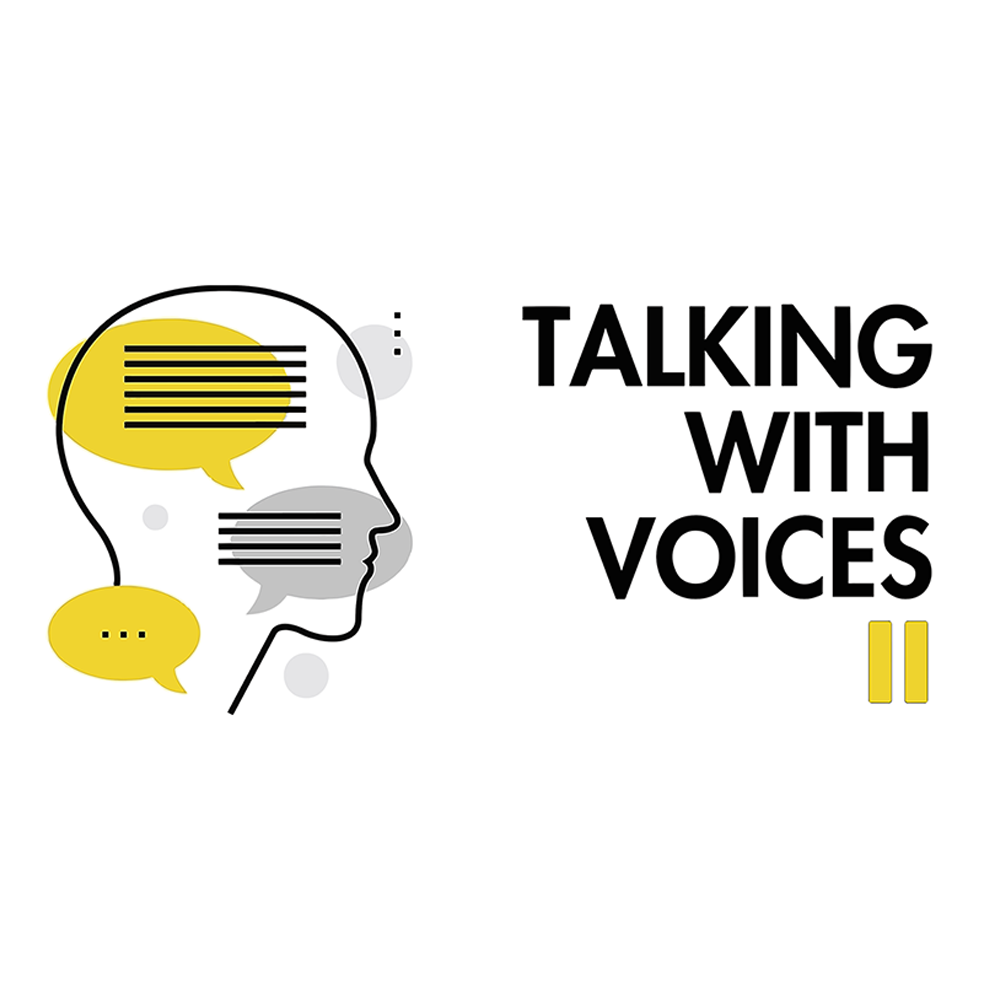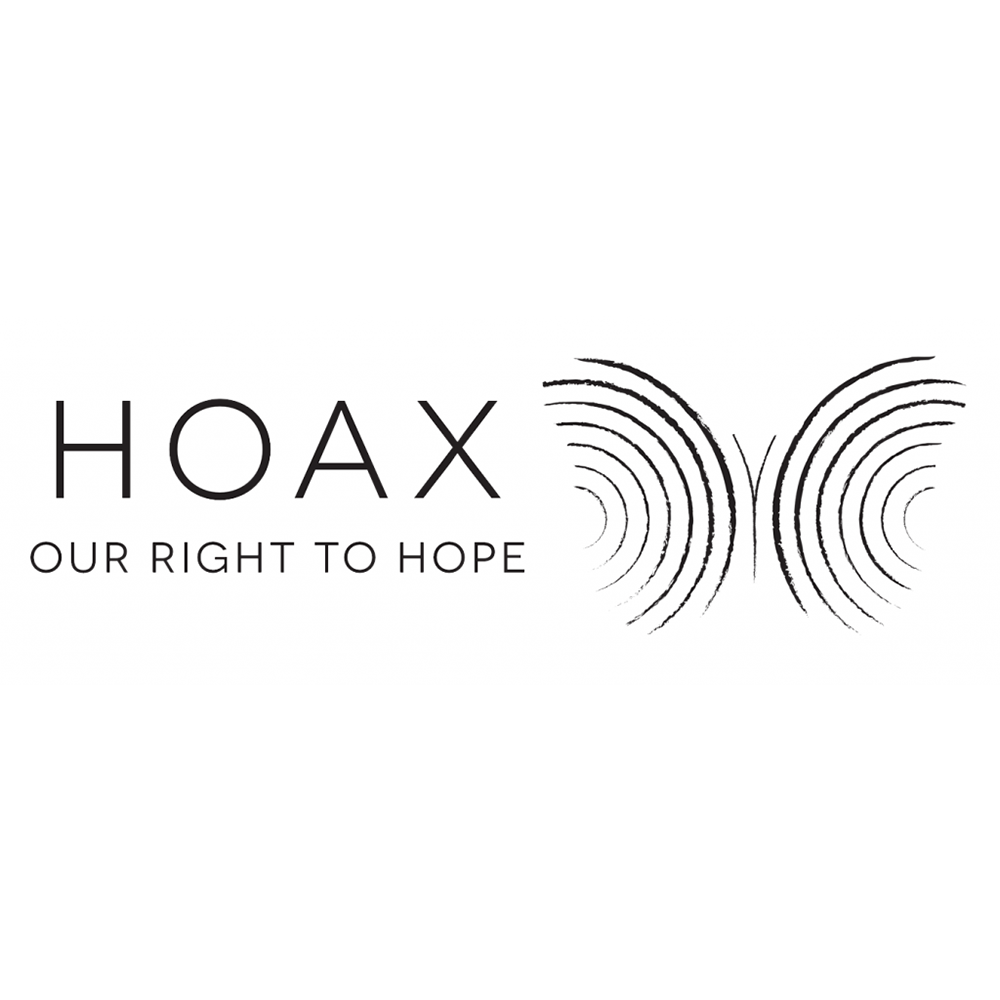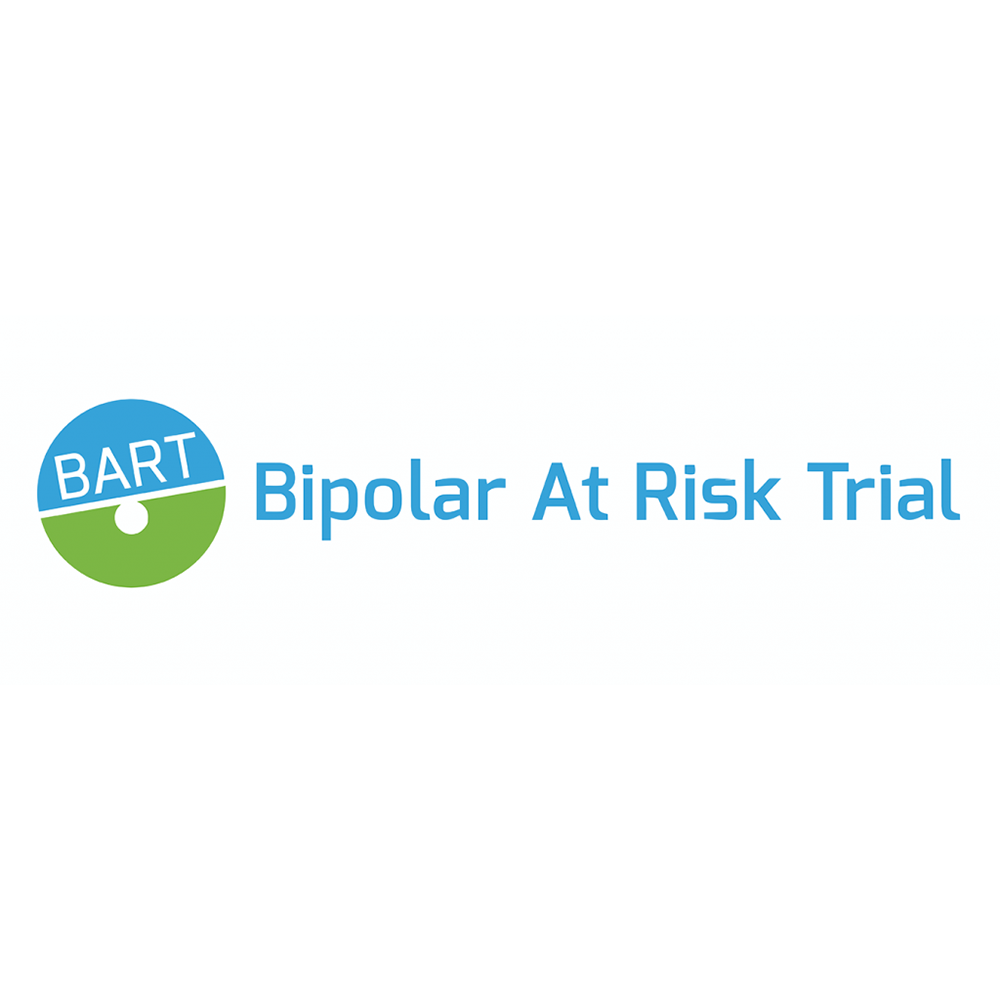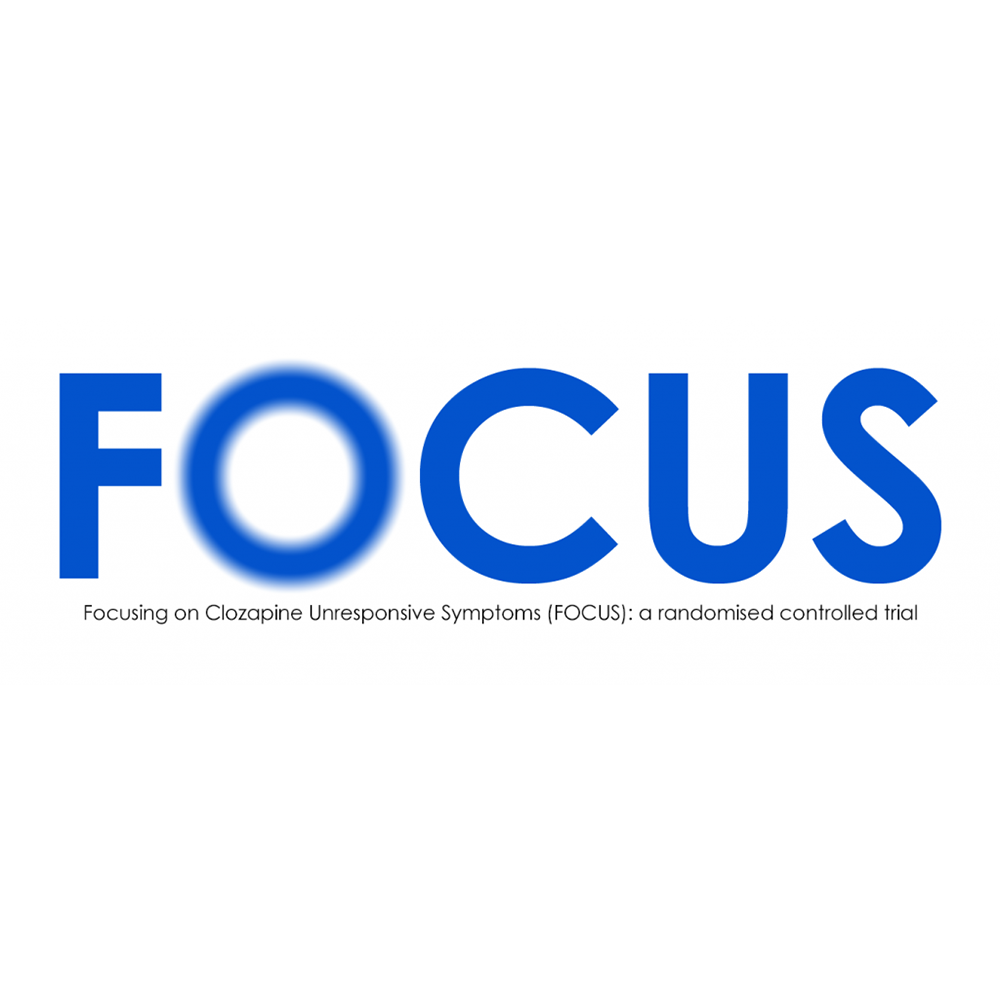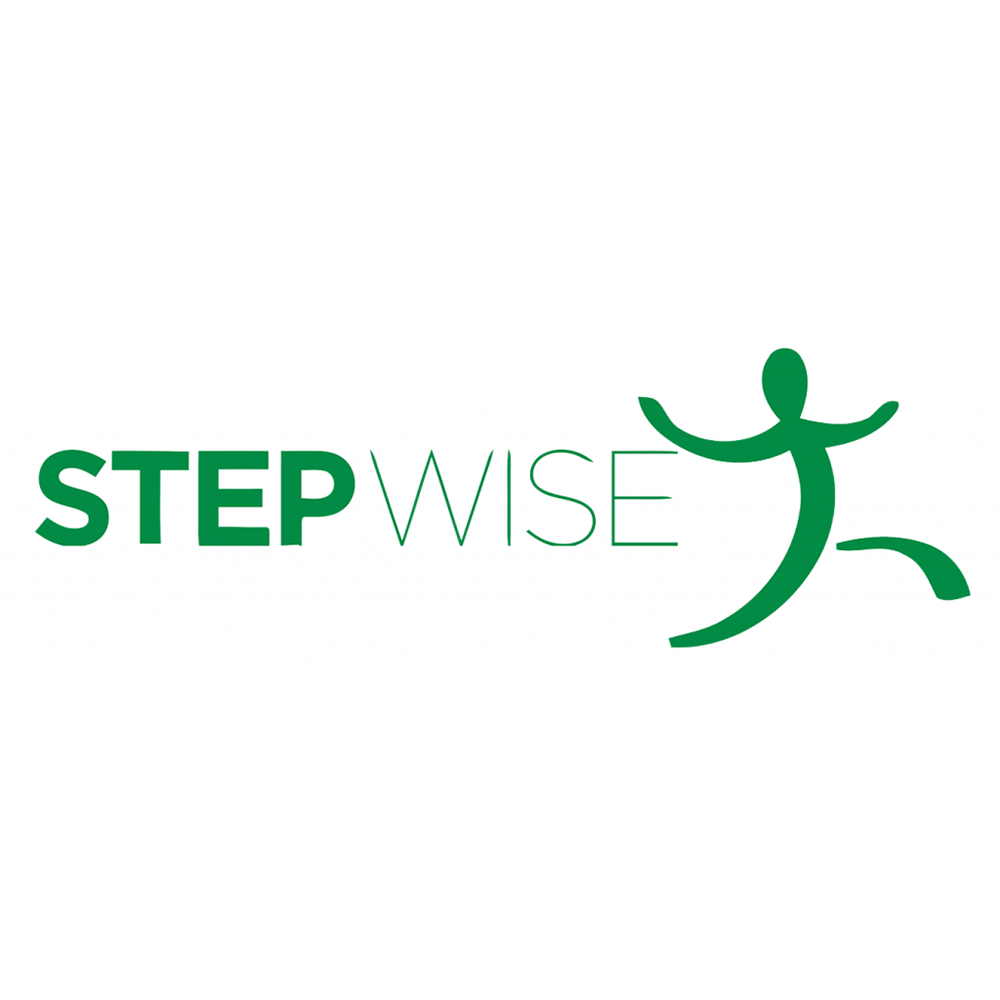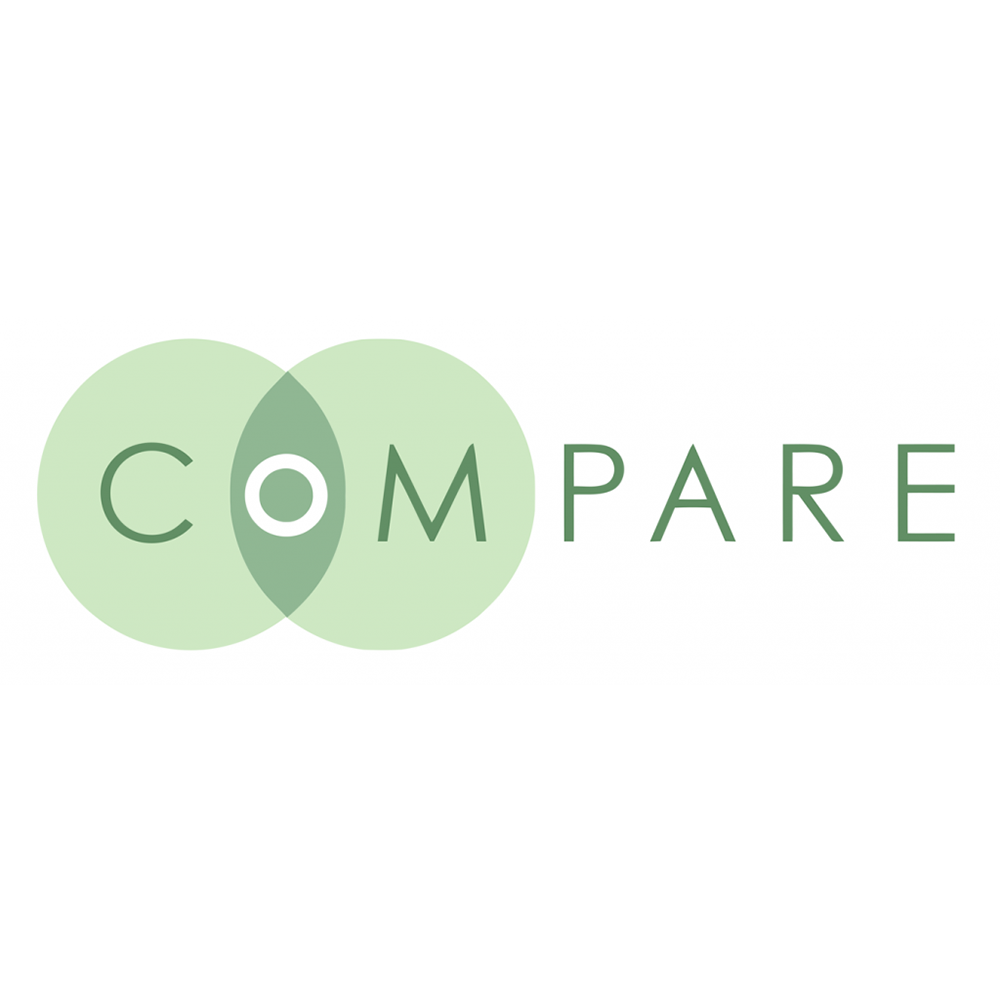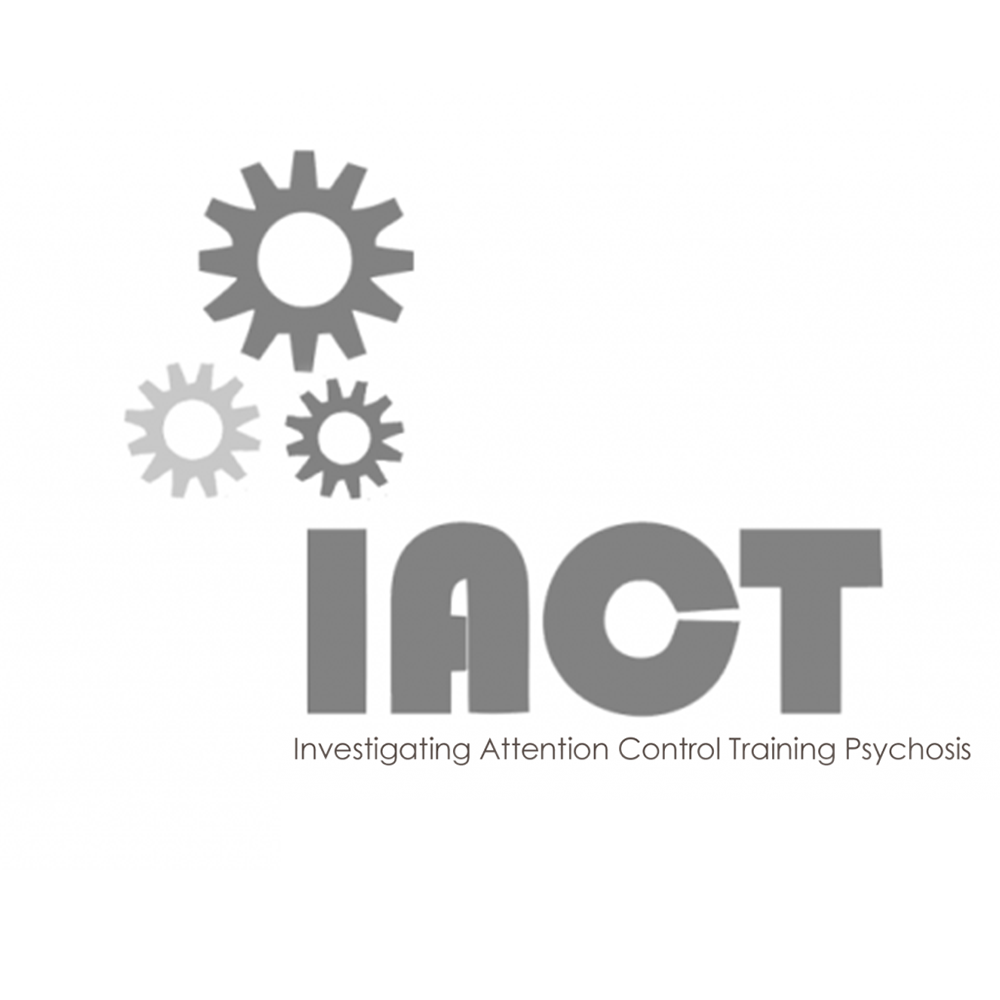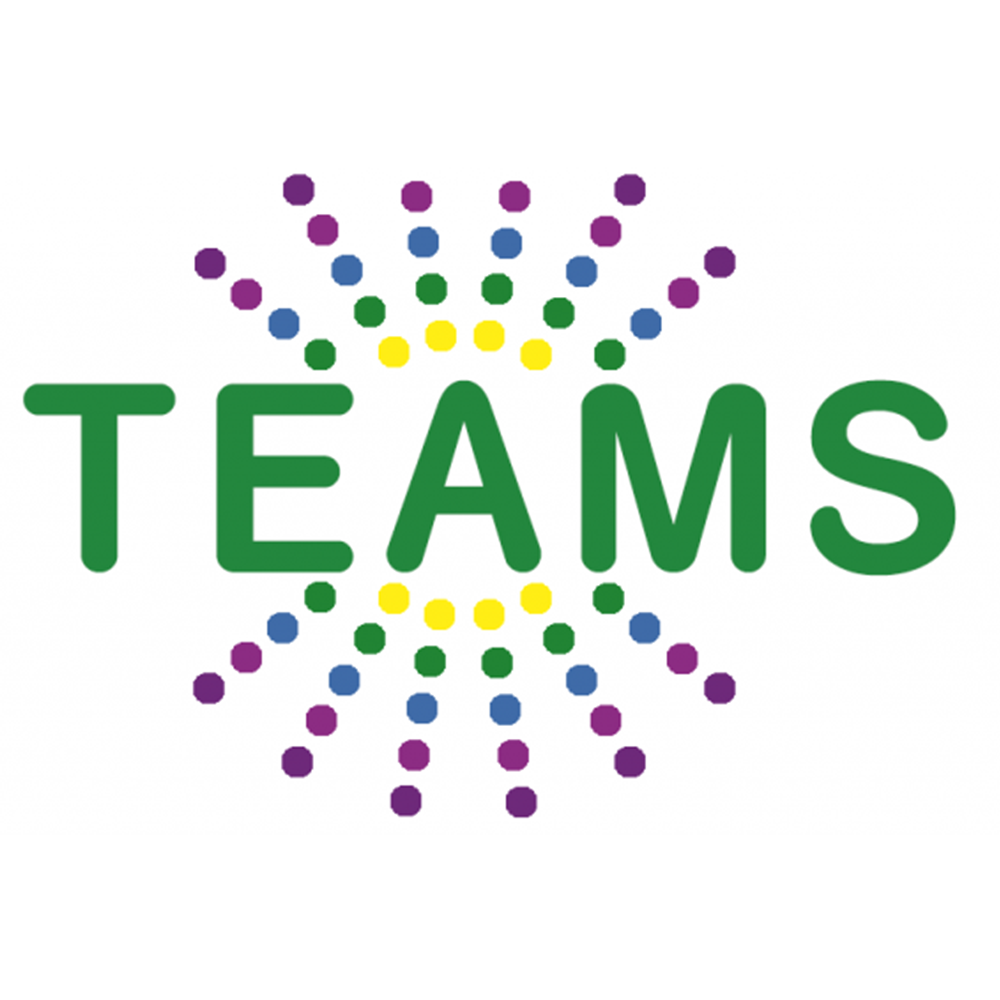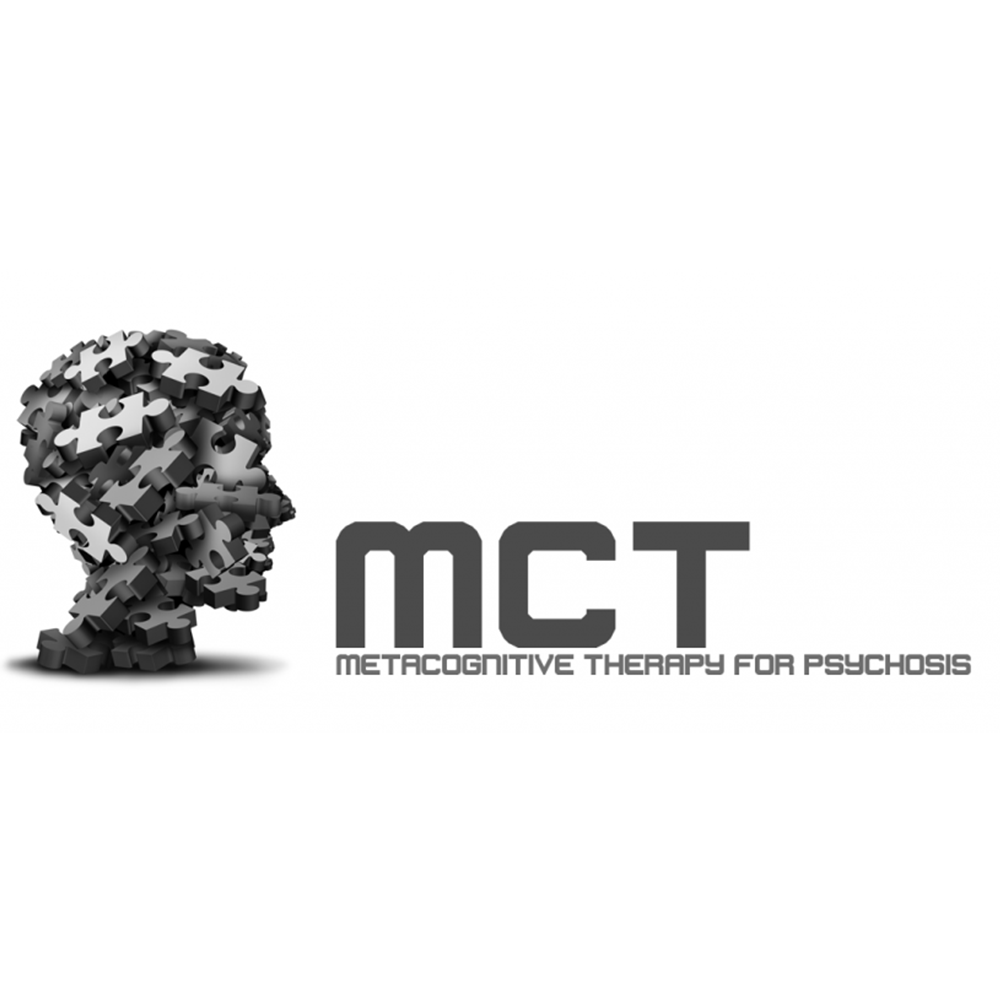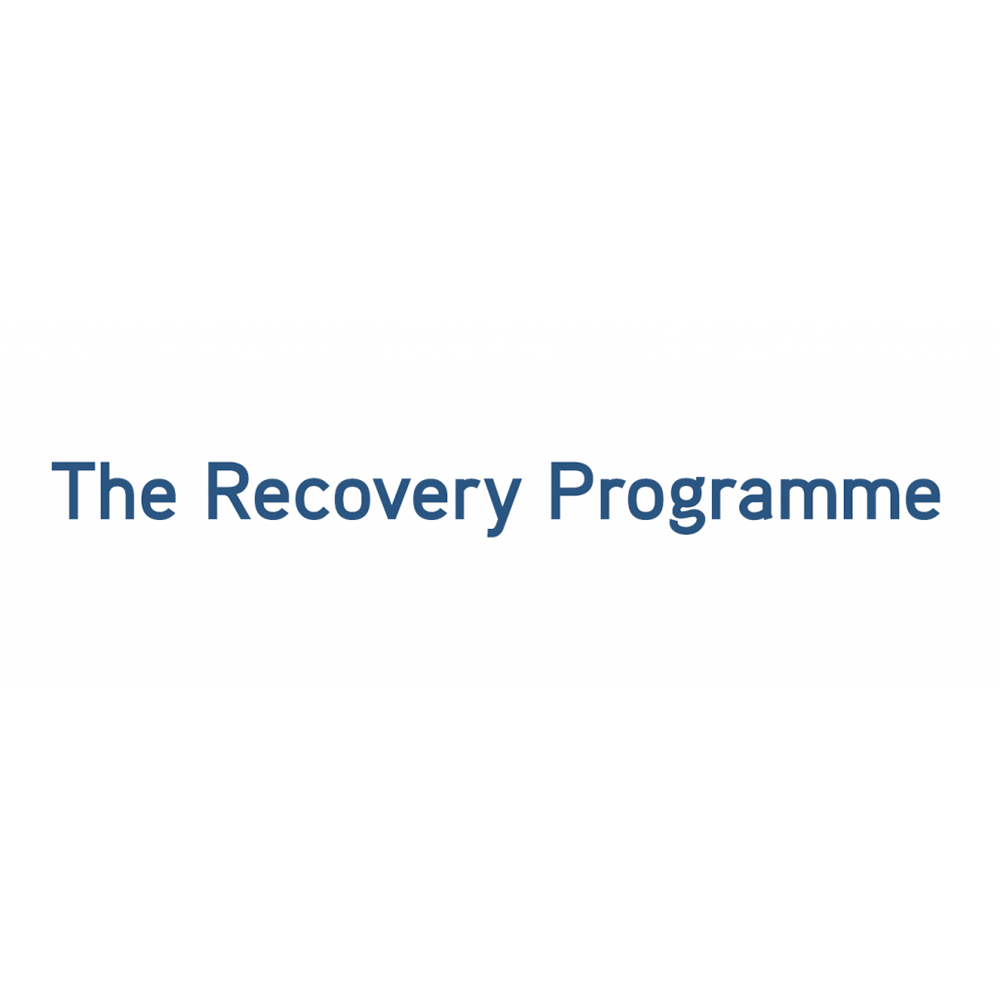Talking With Voices II
[vc_row][vc_column][vc_single_image image="4818" img_size="full" alignment="center"][/vc_column][/vc_row][vc_row][vc_column][vc_empty_space height="4em"][/vc_column][/vc_row][vc_row][vc_column][vc_column_text] TALKING WITH VOICES 2: BACKGROUND AND PURPOSE OF THE STUDY [/vc_column_text][/vc_column][/vc_row][vc_row][vc_column][vc_column_text] Talking With Voices (TwV) is a new form of talking therapy that comes from the work of the International Hearing Voices Movement. It is based on the idea that what voices say may reflect real-life conflicts and difficulties; so, for example, a person who had a time in their life when they felt very afraid may later...
HOAX
[vc_row][vc_column][vc_column_text] HOAX Understanding Psychosis HOAX Our Right to Hope is a joint project between the Psychosis Research Unit and social enterprise Ziggy’s Wish. HOAX Our Right to Hope utilises award winning pieces created by Ziggy’s Wish and combines them to achieve a cross-media approach to storytelling. The three pieces of HOAX Our Right to Hope include the HOAX ‘My Lonely Heart’ stage musical, the HOAX ‘Psychosis Blues’ graphic novel and the HOAX ‘Our...
BART
[vc_row][vc_column][vc_column_text] BART (Bipolar At-Risk Trial) BART (Bipolar At-Risk Trial) is a new feasibility study which is now in its recruitment phase. It has been awarded funding from The Research for Patient Benefit (RfPB) stream at The National Institute for Health Research (NIHR). The aim for BART is to investigate whether CBT is an acceptable, feasible and potentially effective treatment option for people who have been identified as being at risk of developing...
FOCUS
[vc_row][vc_column][vc_column_text] FOCUS (Focusing On Clozapine Unresponsive Symptoms) A Randomised Controlled Trial FOCUS Publication FOCUS is funded by the National Institute for Health Research via the Health Technology Assessment program for four years. FOCUS is sponsored by Greater Manchester West Mental Health NHS Foundation Trust. Having started on 1st December 2012, FOCUS will run until 31st November 2016. Please note that FOCUS has now reached its recruitment target and is no longer accepting new referrals. The FOCUS...
STEP WISE
[vc_row][vc_column][vc_column_text] STEP WISE (Structured Education For People With Schizophrenia) STEPWISE Publication STEP WISE is a programme of research investigating whether a group education programme can help reduce or prevent weight gain for people who experience psychosis and take antipsychotic medication. STEP WISE is a multi-site trial spanning 10 sites across the UK and is led by academics at the University of Sheffield and the University of Southampton. The Greater Manchester site is headed...
COMPARE
COMPARE trial (Cognitive behavioural therapy or Medication for Psychosis – A Randomised Evaluation) COMPARE Publication The COMPARE trial is a pilot randomised controlled trial investigating CBT compared to antipsychotics and to a combination of both in the treatment of adults who experience psychosis. The standard treatment for psychosis is antipsychotic medication. Antipsychotics have been proven to be helpful in reducing symptoms of psychosis for some people, however evidence suggests that many people...
iACT
[vc_row][vc_column][vc_column_text] iACT - Investigating Attention Control Training in Psychosis Thank you for finding out more about the iACT trial. Unfortunately the iACT Trial has now closed for recruitment, however please read on for further information about the trial A common problem described by people with psychosis is that they describe excessive self-focused attention (Perona-Garcelan, et. al., 2008; Cangas, et. al., 2006) and being trapped in unhelpful thinking patterns that they experience as out...
TEAMS
TEAMS (Thinking Effectively About Mood Swings) The TEAMS (Thinking Effectively About Mood Swings) trial is a study investigating a new cognitive behavioural therapy for the treatment of bipolar disorder. The aim of this trial is to evaluate this type of CBT for people with bipolar disorder against treatments that are normally given in clinical care. Comparing the outcomes of these two groups helps us to evaluate if the TEAMS approach leads...
MCT
[vc_row][vc_column][vc_column_text] MCT (Metacognitive Therapy For Psychosis) A Pilot Study To Evaluate The Feasibility Of Metacognitive Therapy As A Treatment For People With Experiences Of Psychosis. Metacognitive therapy (MCT) is a form of therapy that focuses on unhelpful thought processes that are thought to underlie and maintain emotional distress. This includes perseverative processing such as worry, rumination, focussing on threat and attempting to control thoughts and intrusive experiences. These processes are linked to metacognitive beliefs,...
The Recovery Programme
[vc_row][vc_column][vc_column_text] The Recovery Programme The Recovery Programme is a five-year programme of research into understanding and promoting recovery from psychosis, in a manner that is acceptable to and empowering of service users. The Recovery programme aims to produce: User-defined measures of psychotic experiences. Several therapy manuals suitable for dissemination to multidisciplinary teams. New evidence-based therapies that are acceptable to service users. Guides for promoting recovery and models of collaborative provision of services...
- 1
- 2

